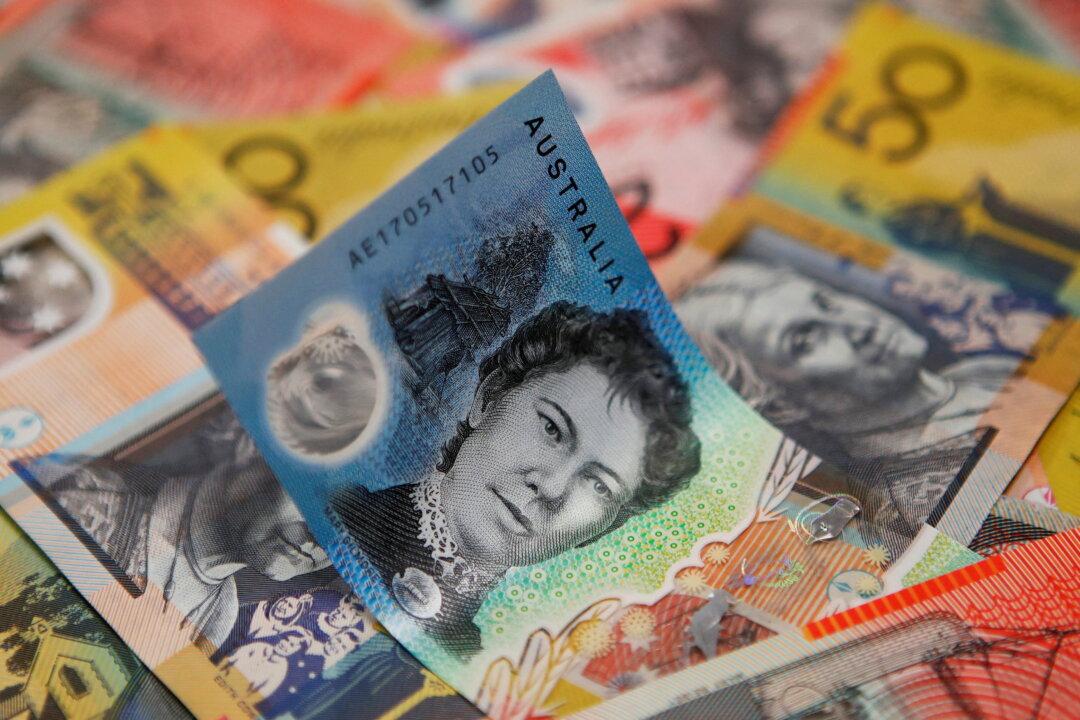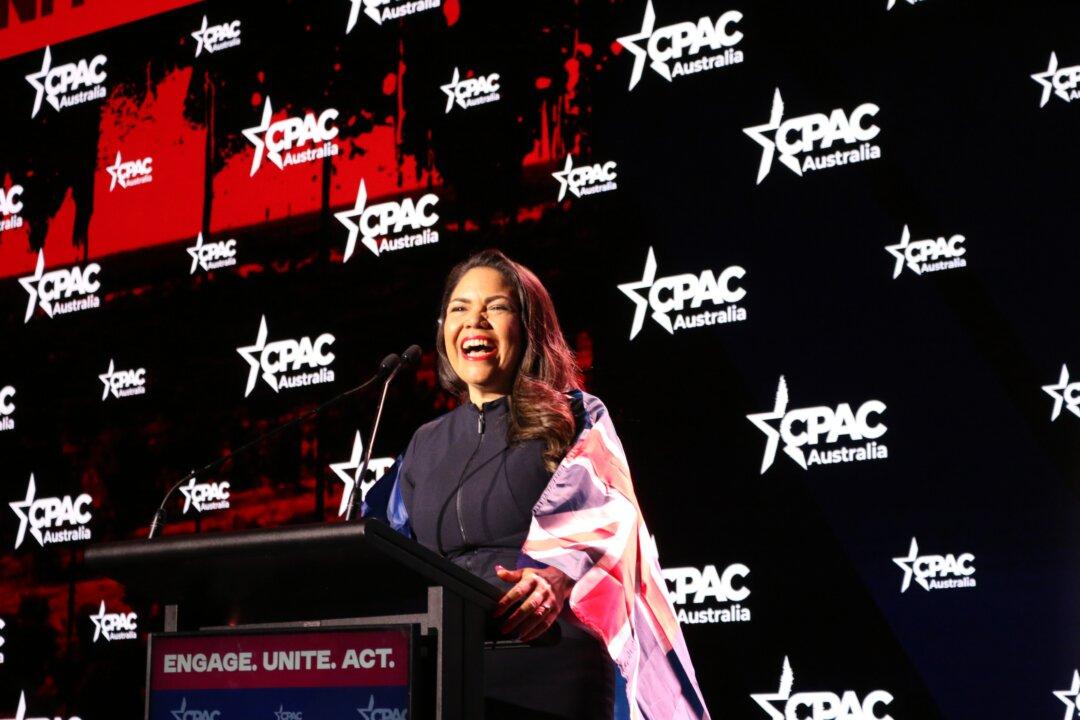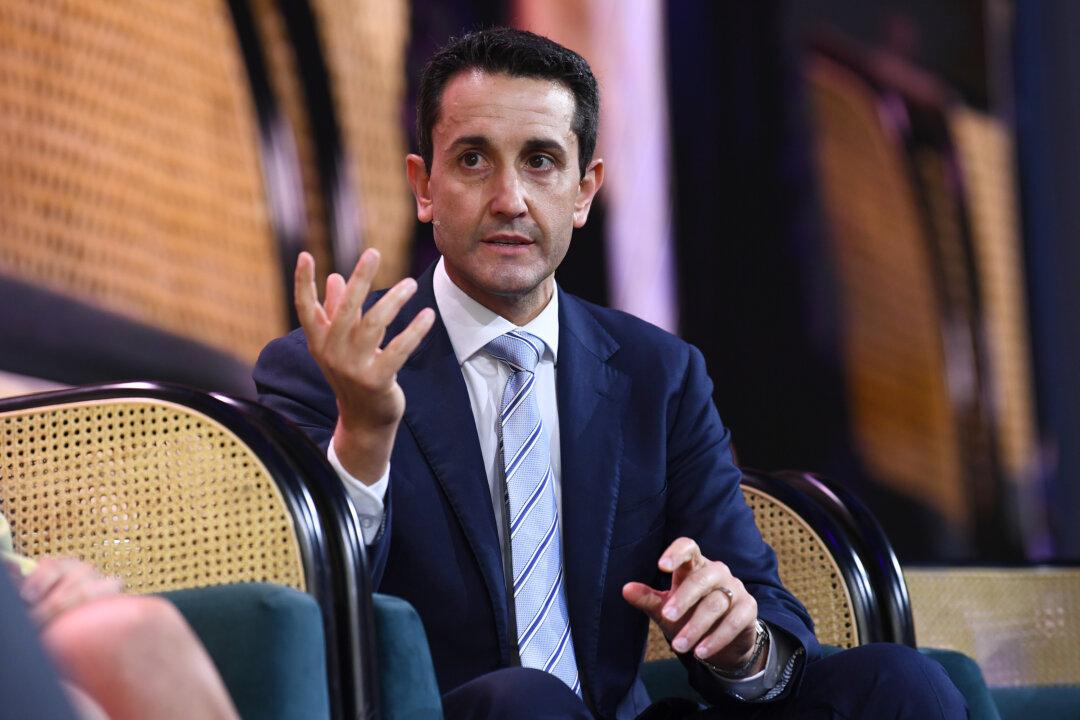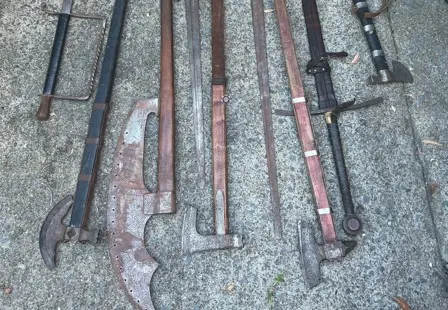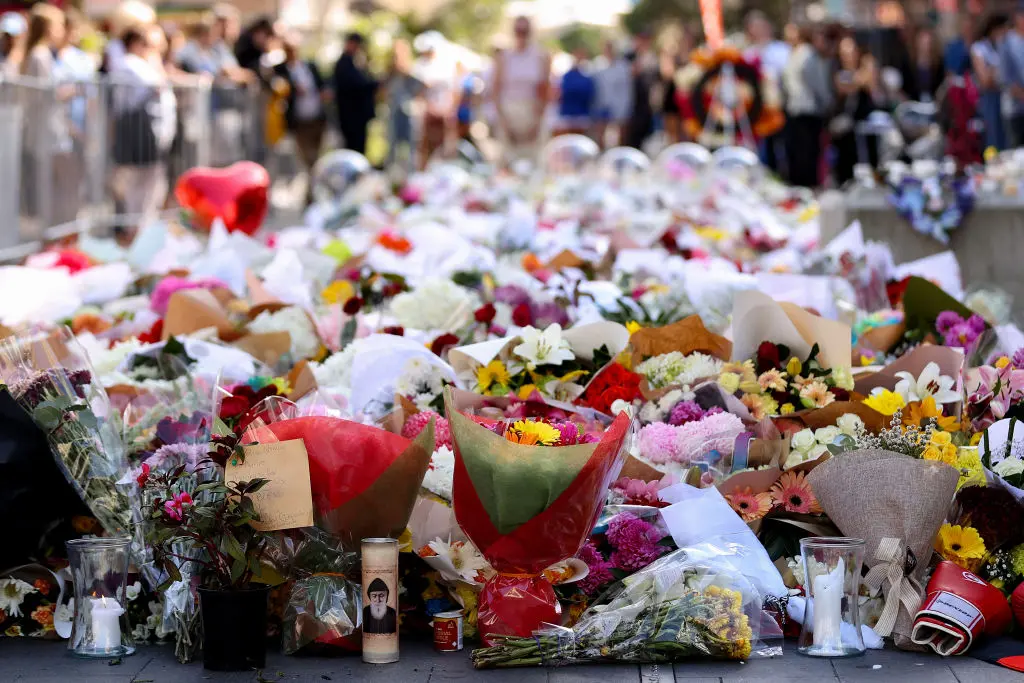Federal Labor has been accused of taking a symptom of its poor economic management, and just repackaging it as a gift to the people of Australia.
The claims were made by Member for Casey Aaron Violi during Parliament on June 24, as part of the debate around increasing the nation’s minimum wage.
